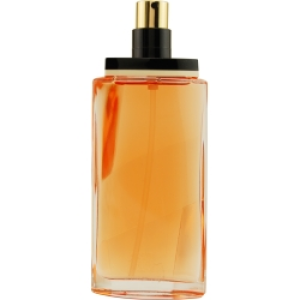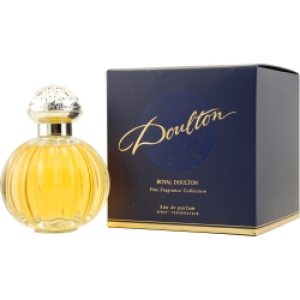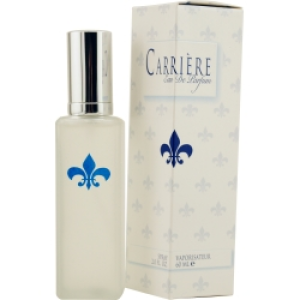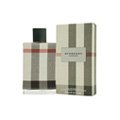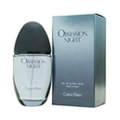Parfum
Parfum
The term perfume comes from the Latin per fumus which means “through smoke.” Most people think the terms “parfum” and “perfume” are interchangeable. The difference is slight, but it does exist. Consider, sparkling white wine that is not from the Champagne region of France is not usually referred to as champagne. Similarly parfum is perfume in French, but is typically a stronger version of perfume. France is the fashion capital of the world whether it is wine, or clothes or perfumes. There is a slight difference between parfum and perfume. The term perfume is usually a catch all term for aromatic oils.
Perfume is a pure substance. The original concoctions were recorded as far back as ancient Egypt and Mesopotamia. The scents these ancient peoples would have used might smell like something people would have wanted to eat instead of wear. Common spices were used such as: almond; cinnamon; coriander; or vanilla. Persian chemist Ibn Sina invented and developed the extracting oils from flowers significantly expanding the palate of scents available. Ibn Sina’s first developed scent was rosewater. This scent was lighter and subtler than other perfumes. This was a popular perfume for women.
The three main versions of perfume have different concentrations of scented oil. Eau de parfum contains between 8 and 15 percent scented oil. Eau de toilette contains between 4 and 10 percent scented oil. Eau de cologne contains between 2 and 5 percent scented oil. Differences also come in price and longevity of the perfumes. The industry includes different “notes” involved in the ingredients involved in the making of the perfumes. For example, a single floral note specifies when one flower is explicitly identifiable. In contrast, a floral bouquet denotes a multitude of flower scents where none can immediately be identified. Scents that have been developed in the last 100 years are tobacco and leather.
The manufacturers of the different parfum scents may use different concentrations to introduce a new smell. The pricing of perfumes is largely determined by the concentration of scented oils. The longevity is also determined by the concentration and the ingredients of scented oils. Some floral ingredients last longer while others dissipate faster. Customers should pay attention to the ingredients of the perfume. The label of the perfume will inform the customer of all necessary ingredients and information. Synthetic scents are often used in parfum oils. These synthetic scents can be used to draw on memories or emotional connections of those who have chance to smell.

